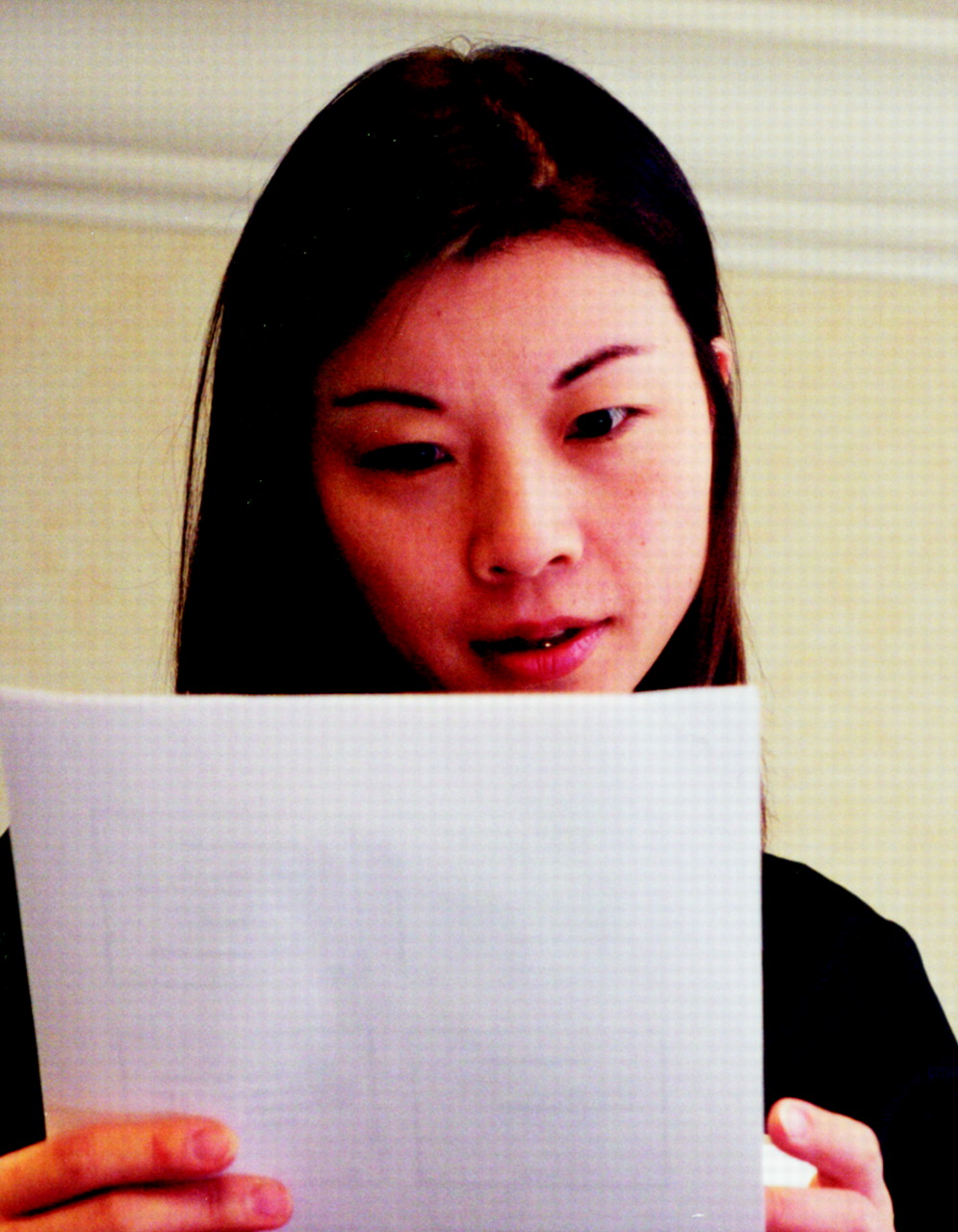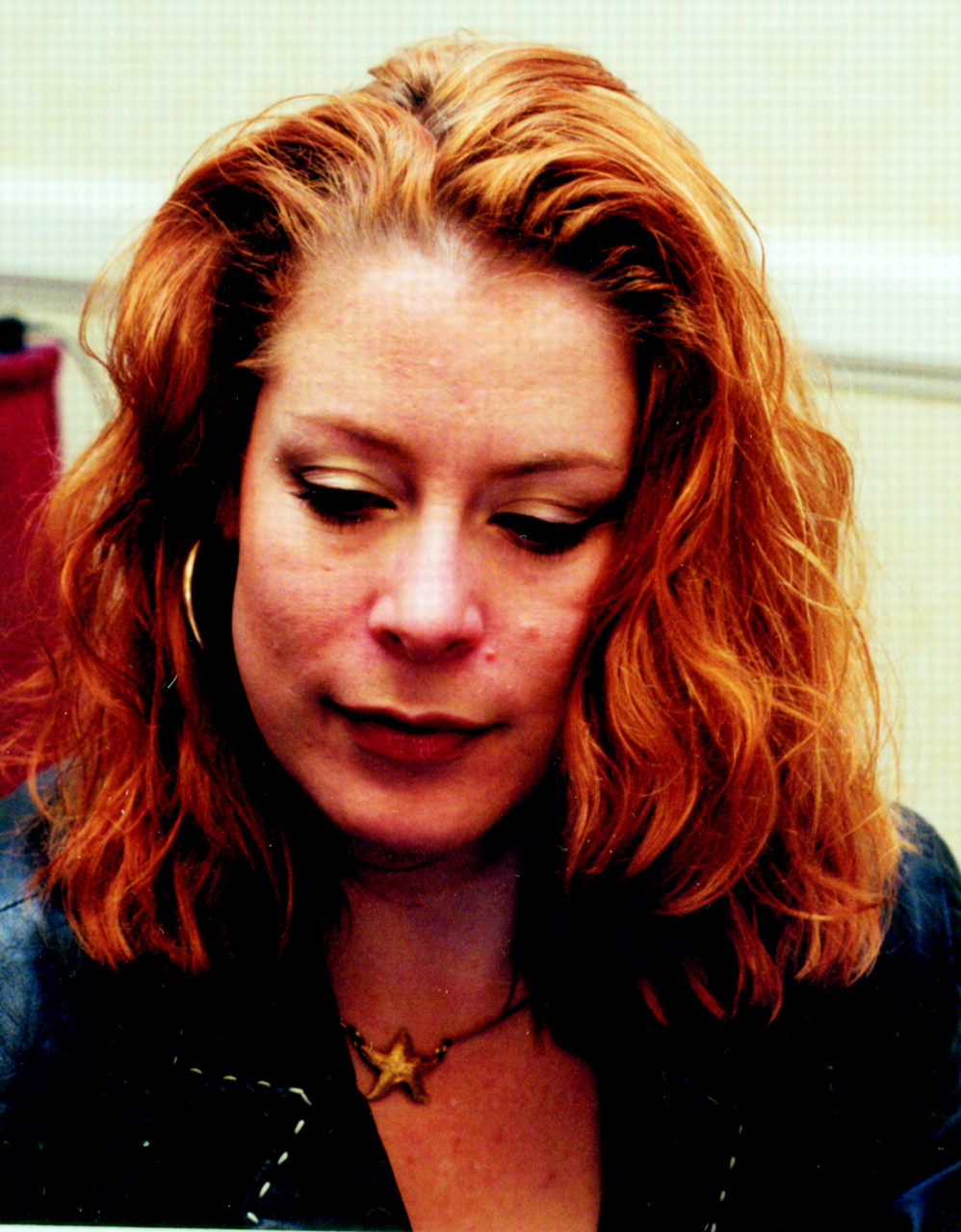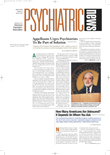More and more psychiatrists throughout the world are interacting with each other, regardless of whether they are clinicians or scientists (see story on
page 17). But perhaps no better an example of the growing global psychiatric exchange can be found than a newly formed organization called the World Association of Young Psychiatrists and Trainees (WAYPT).
The association was officially inaugurated in San Francisco last month, prior to APA’s 2003 annual meeting.
The purpose: to bring young psychiatrists and psychiatry residents from various countries into contact with each other, both via the Internet and in person; to share ideas and interests; to reduce the isolation of colleagues, especially those in countries with limited resources or few psychiatrists; and to think and act within an international perspective as the world becomes more interconnected. The association also plans to organize a broad range of educational and training programs for its members.
Present for the inauguration of WAYPT were these young psychiatrists: Julian Beezhold, M.D., of Addenbrooke’s Hospital in Cambridge, England; Victor Buwalda, M.D., of the Free University of Amsterdam, the Netherlands; Fumiko Maeda, M.D., of Japan and currently a psychiatric researcher at Stanford University in San Francisco; Adriana Mihai, M.D., of the University of Medicine in Mures, Romania; Daniel Müller, M.D., of the University of Toronto in Canada; Christopher Andrew Ramsey, M.D., of Columbia University in New York City; Tanja Suomela, M.D., of the University of Turku in Finland; and Kai Treichel, M.D., of the Medical and Social Center in Angermünde (Berlin), Germany.
While only this small group of psychiatrists was present for the official launching of WAYPT, more than 150 young psychiatrists and psychiatry residents from 70 countries have joined the association. The countries include Bhutan, Brazil, Costa Rica, India, Indonesia, Iran, Nepal, Nigeria, and Syria.
The groundwork for WAYPT was laid a decade ago when some young psychiatry residents in Europe organized the European Federation for Psychiatric Trainees (EFPT). The purpose of EFPT was to bring psychiatry residents from various European countries together to exchange ideas and to participate in exchange programs. By 1995, psychiatry residents from 14 countries had joined, and by 1999, EFPT had obtained a permanent seat on the European Board of Psychiatry with residents from 18 countries as members.
Things were going so well with EFPT, in fact, that two of its members—Buwalda and Treichel—thought that perhaps the time had come to establish a world organization for psychiatry residents. After all, they reasoned, the world was becoming smaller, and the Internet was making international contact easy. Then in 2000, at APA’s annual meeting in Chicago, Buwalda had the good fortune of attending a workshop with Michelle Riba, M.D. (APA’s incoming president-elect) and Fritz Hohagen, M.D., a psychiatrist from Lübeck, Germany, who was active in the World Psychiatric Association (WPA). Both Riba and Hohagen endorsed the concept of a world association for psychiatry residents. By the end of 2000, the small band of “young turks” listed above had met in Berlin and decided to form such an organization.
The group met again in 2001 and 2002 during APA’s annual meetings in, respectively, New Orleans and Philadelphia, as well as in Japan during the World Psychiatric Congress in 2002. In the course of these meetings, the group decided to include early career psychiatrists in addition to psychiatry residents in the new association because it was felt that, for continuity reasons, it would be a waste of experience to cut off the early career psychiatrists after they finished their residency, and because early career psychiatrists nowadays share problems similar to those of residents in a rapidly changing health care environment. Last month the group once again came together in San Francisco to launch officially an organization for both early career psychiatrists and psychiatry residents—the WAYPT.
Although WAYPT is an independent body, its founders plan to have it establish a strong, positive working relationship with APA, the European Board of Psychiatry, and the WPA. In fact, Norman Sartorious, M.D., of Geneva, Switzerland, a former WPA president, was on hand before the new organization’s inaugural ceremony to give its founders some advice on how to get it up and running.
More information about WAYPT is posted on the Web at www.waypt.org. ▪


